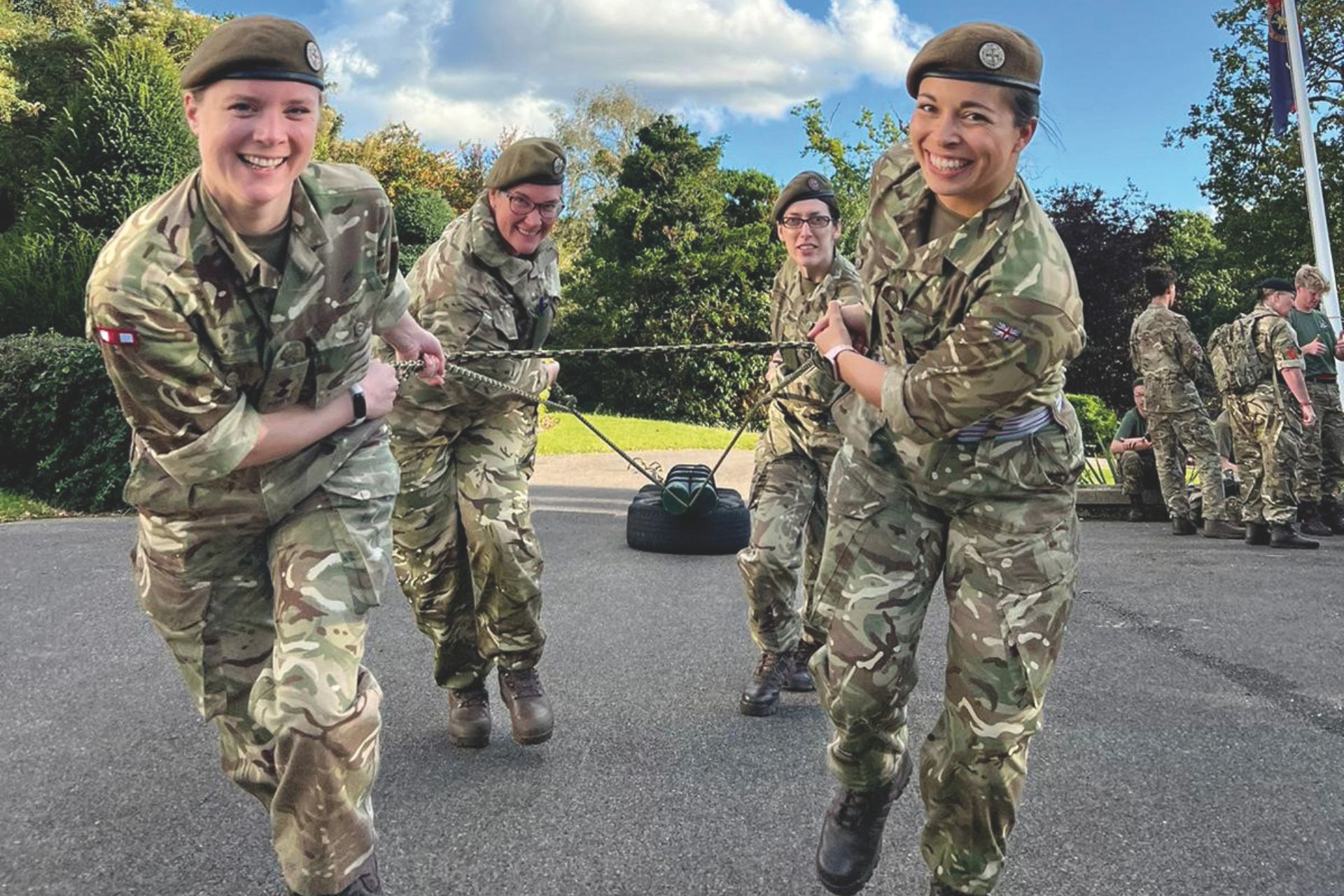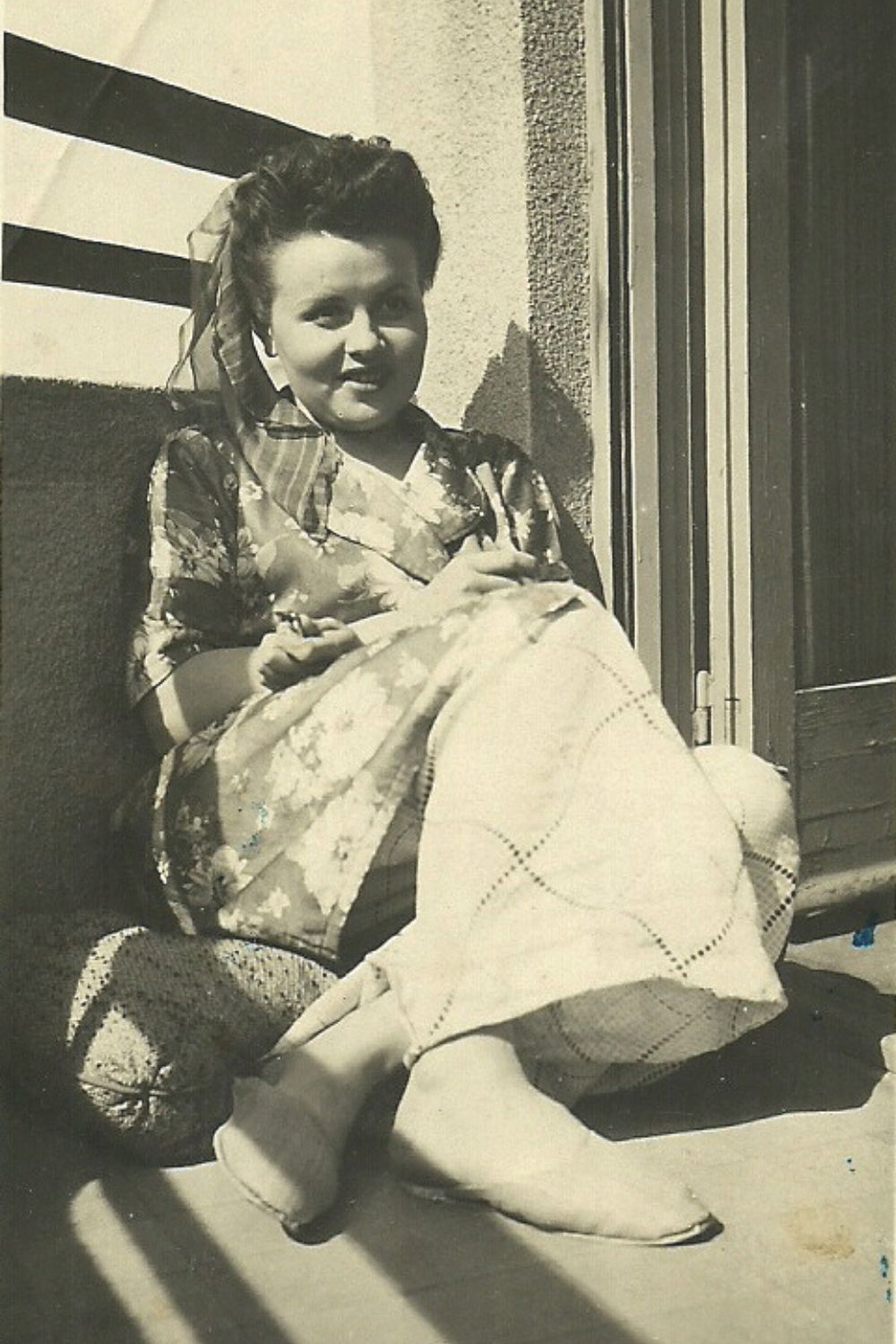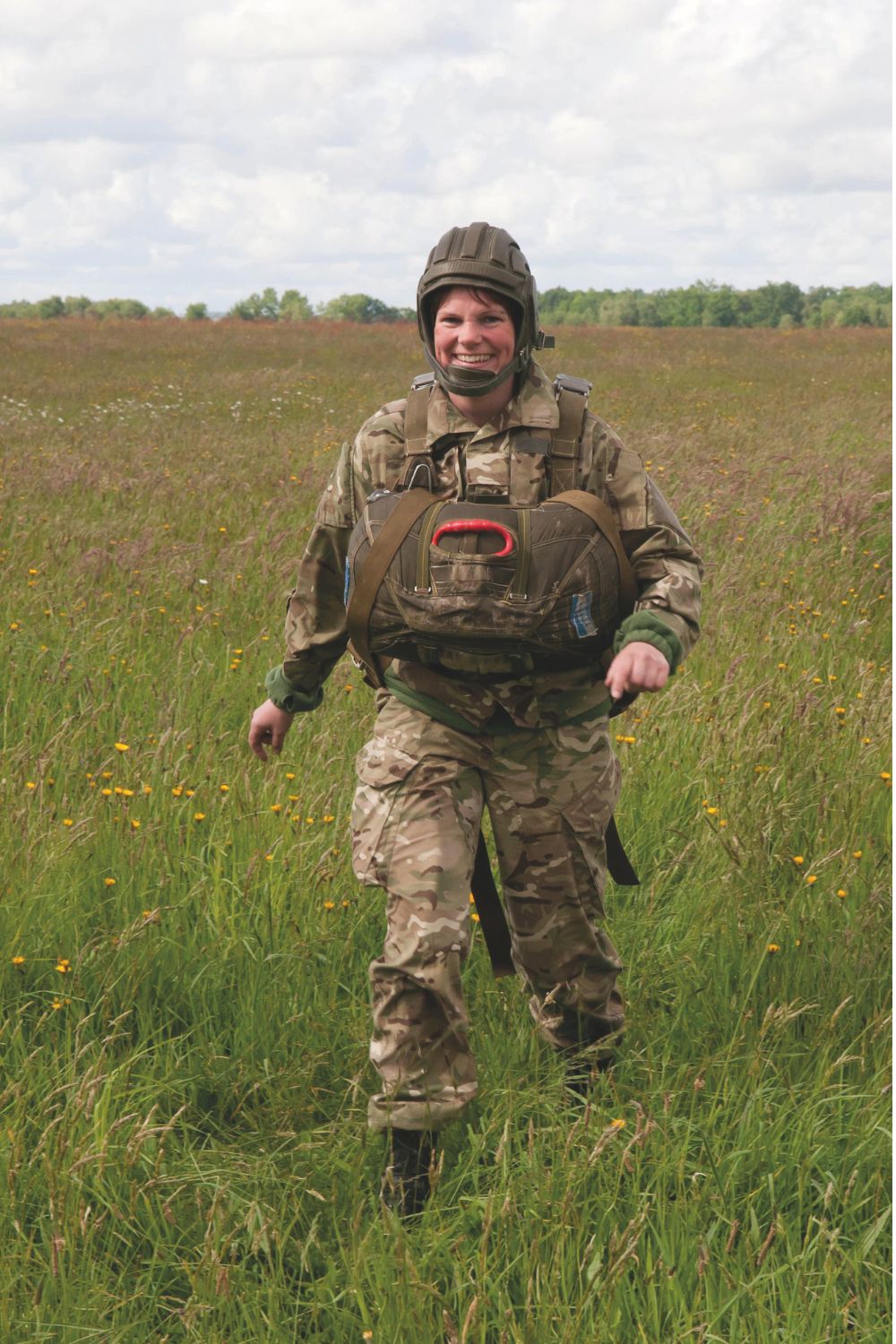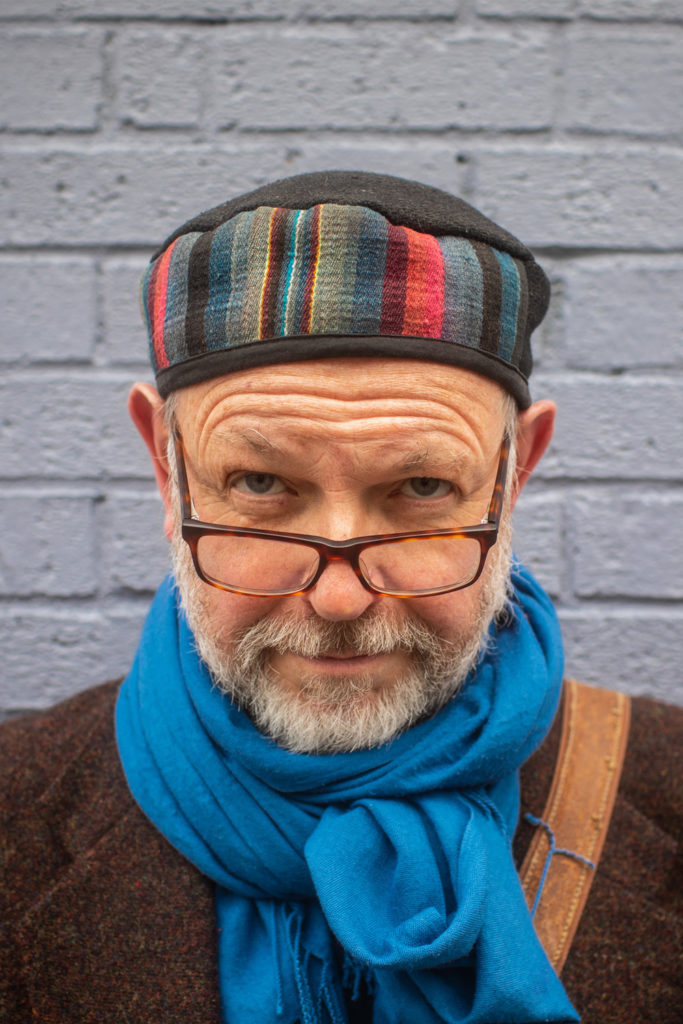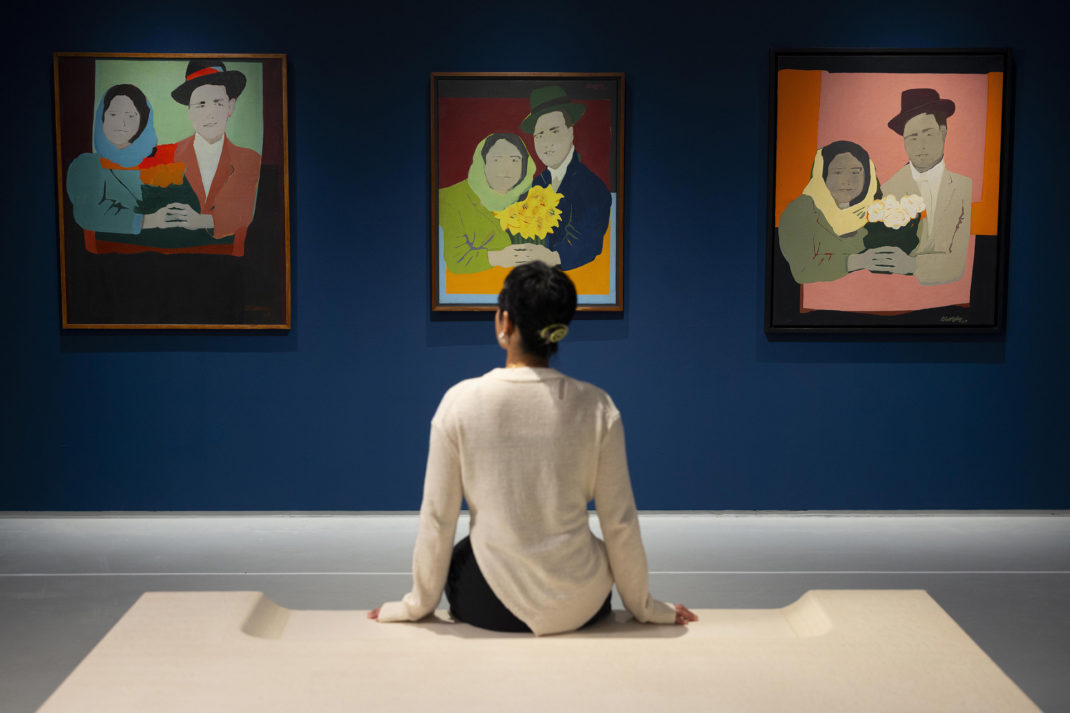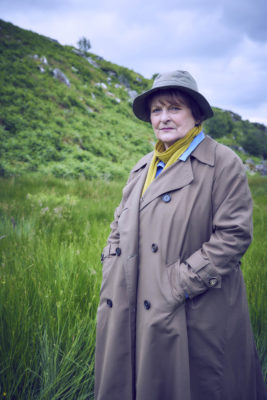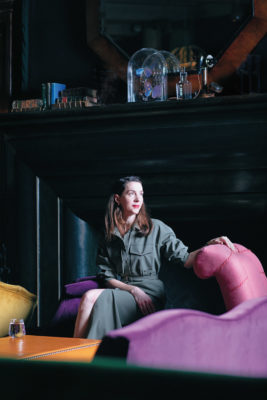Inside Britain’s First Aid Nursing Yeomanry
By
10 months ago
This all-female charity dates back to 1907
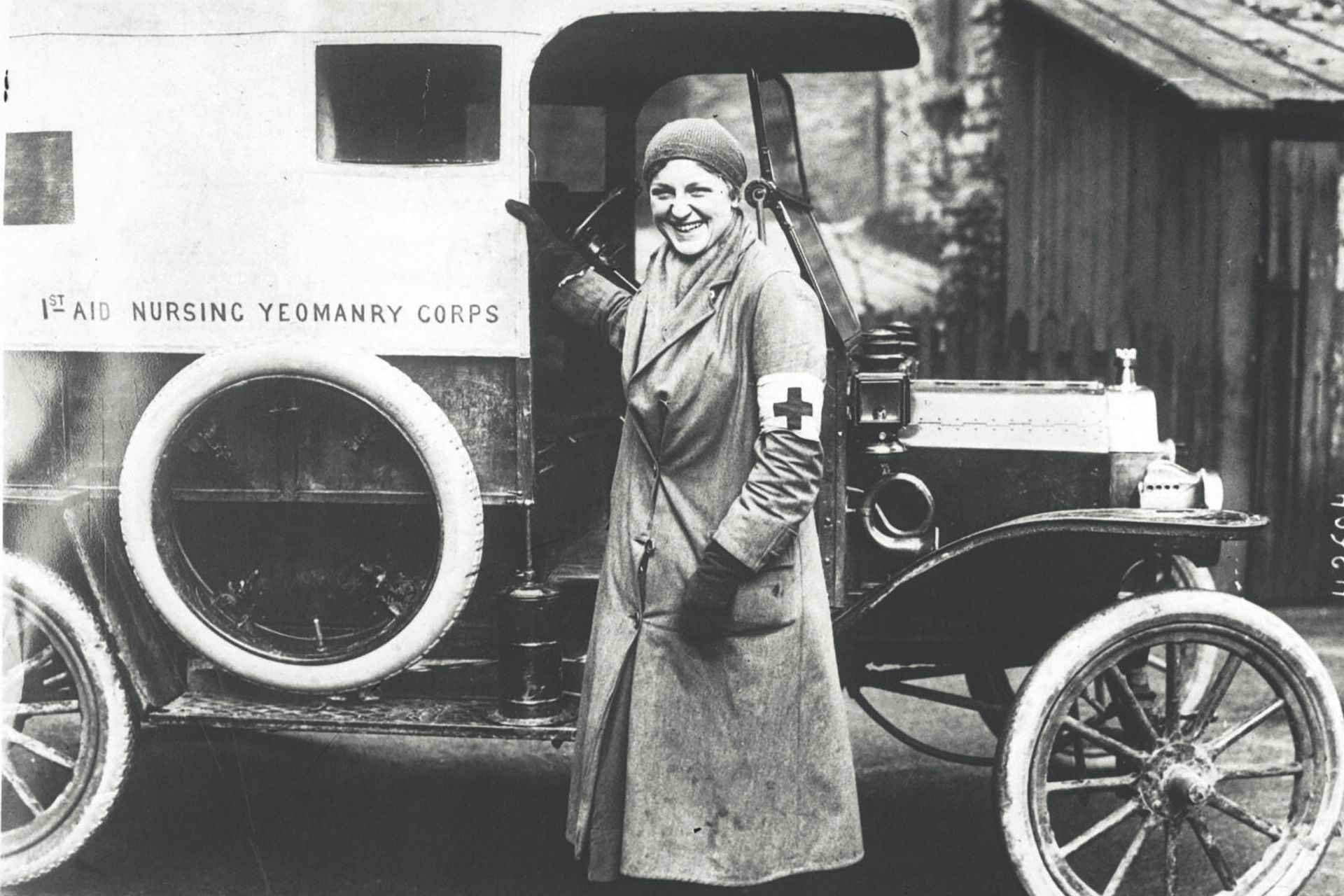
How much could we learn from this tenacious group of volunteer women? Michael Hayman salutes the unbroken spirit of the FANYs.
The History Of Britain’s FANYs: The First-Aid Nursing Yemonary
As the UK commemorates the 80th anniversary of Victory in Europe on 8 May, it is in many ways a celebration of those who coped. Not just survived but found a way through. In a world turned upside down, they turned grit into grace. And in doing so, they became the golden generation.
Coping is an intangible virtue. Quiet, unassuming but essential. And a group that embodies that spirit both then and now is the First Aid Nursing Yeomanry – or the FANY, as they’re affectionately known. They’ve been showing us how to face adversity head-on for over a century.
Their motto? Arduis Invicta – Unconquered in Adversity. Which is about as British as it gets. Think stoic with style. Formed initially as a mounted nursing corps, the FANY galloped onto the scene in 1907 and never looked back. During the First World War they drove ambulances, ran soup kitchens and even operated a mobile bath vehicle nicknamed ‘James’. By the Second World War, they weremoonlighting for the Special Operations Executive (SOE), slipping behind enemy lines as coders, couriers, and wireless wizards. The phrase ‘unsung hero’ could well have been coined just for them.
Fast forward to today and FANYs are still showing up on the front line. Albeit, rarely on horseback, but in high-vis jackets and with the same unshakable commitment. The battle has changed; the mission hasn’t. When crisis hits – be it a pandemic, a terrorist attack or a national emergency – FANYs answer the call. All unpaid volunteers. All in.
During COVID, FANYs racked up more than 18,000 hours of voluntary service. From helping the NHS and City of London Police to bolstering the work of three London coroners, they were at the heart of the nation’s response – keeping the lights on, the wheels turning, the
calm holding steady. And this isn’t a walk-in-the-park kind of volunteering. New recruits are put through their paces: first aid, comms, leadership, teamwork, resilience, navigation – basically, everything you’d want in your corner if things went sideways. They’re on-call all year round and ready to deploy at a moment’s notice.
But here’s the real magic: these women are not career soldiers. They’re teachers, techies, lawyers, linguists. They train in their spare time and serve for the love of it. For community. For country. And for the simple idea that coping isn’t just something you do, it’s something you live. As the Commanding Officer of the FANY, Lisa Giles tells me: ‘We train for what we hope never happens – but when it does, we’re ready.’
That quiet readiness, that resilience in reserve, is what VE80 is really about. Yes, it’s about remembering the end of war in Europe, but it’s also about recognising the spirit of those who stood up when it mattered most. And who keep doing so today. Because coping isn’t some memory of the past. It’s about how we face and prepare for tomorrow. From cyber threats to climate shocks, it’s the skill we’ll need most in the decades to come. And the FANY? They’ve been giving a masterclass in it for 118 years.
So whether you raised a glass to fallen family on VE Day or simply paused to reflect, remember that the story doesn’t end with commemoration. It continues in the women who still wear the badge, carry the motto, and live the mission. In those who remain, in every sense, unconquered in adversity. Arduis Invicta, indeed.
FANY Heroines
Madeline Damerment: A Heroine Of Wartime Resistance
Madeleine joined the British SOE in 1942 after fleeing Nazi-occupied France. This secret organisation conducted espionage, sabotage, and reconnaissance in occupied Europe. To provide her with cover under the Geneva Convention, Madeleine was enlisted in the FANY. Parachuted into France in 1944, she was captured and executed at Dachau. Her legacy is continued by her great-niece, Zoe Brooke, who serves in the FANY today. ‘I can never be entirely sure when or how my family joined the Resistance. All I know is that in the face of unimaginable horrors, they chose to take a stand.’
Laura Lean: The Embodiment Of Selfless Service
Building on the legacy of her grandmother who served in the Corps during the Second World War, Laura joined the FANY in 2009. She supported operational response to incidents including the Grenfell Tower disaster and the terrorist attacks at London Bridge; during the pandemic, she deployed to the Nightingale Hospital as a liaison to families of critically ill patients; and the following year she supported the arrival of evacuees from Afghanistan. Shortly before she died of cancer in 2023, aged just 48, Laura was awarded the Order of the League of Mercy in recognition of her commitment and leadership.
Photos coutesy of Alamy


